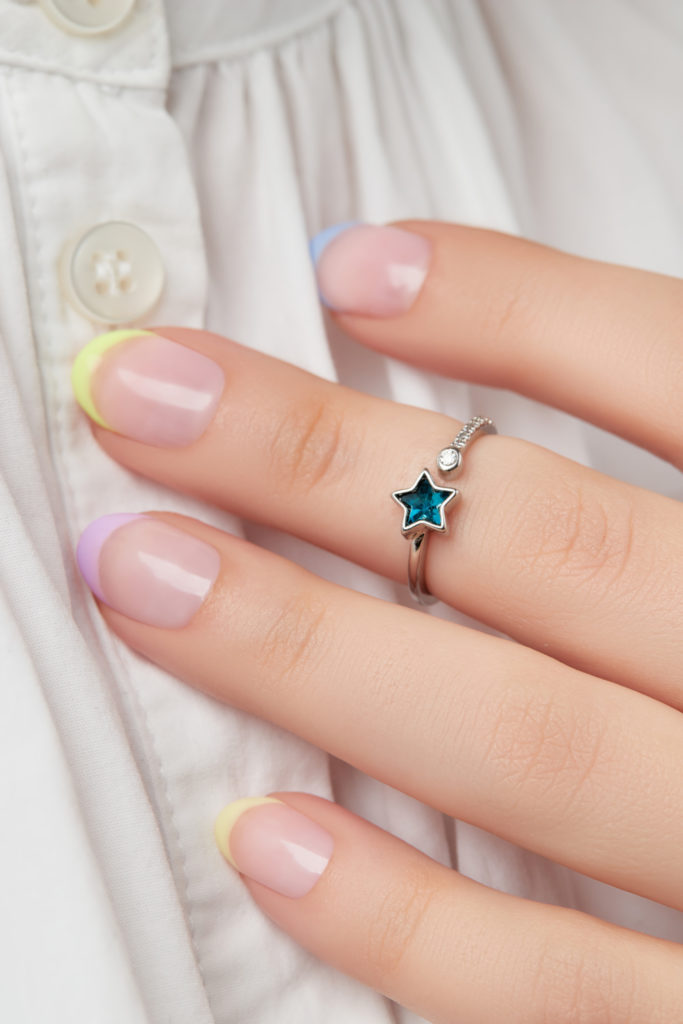Totally Screwed: What’s The Issue With Greenwashing In The Sexual Wellness Industry?
By
1 year ago
Spot greenwashing in your sex life

Sexual wellness companies are facing outright deception from their suppliers when it comes to sourcing eco-friendly materials. What’s the issue, and what are manufacturers of these toys doing to try to prevent greenwashing?
Totally Screwed: Sexual Health & Wellness Industry Faces Huge Greenwashing Issue

‘We wanted to do an ocean plastic line – but no-one we worked with could back up the claim that we were definitely buying ocean plastic from them,’ says Will Ranscombe, who founded Love Not War, a sustainable sex toy company.
Whether it’s keeping up with competitors – who may be making misleading claims about the provenance of the ingredients in their products – or being deliberately misled by ill-intended suppliers over the legitimacy of materials purchased for manufacture, the sustainable side of the sexual health and wellness industry is facing an existential crisis.
‘Across the whole sector, we’ve been asking for evidence to back up product claims,’ says Will, ‘because people are sneaky. Our competitors claim their products are made up of ocean plastics but in reality as little as 3 percent of it will actually be [made up of this material].’
Jack Gove, founder of eco-condom company Sex Brand, agrees there is an issue around greenwashing claims. ‘Fair Rubber is the stamp certification that most high street brands of condom currently use,’ he says, ‘but you only need 20 percent of the production to be provably “sustainable” to qualify – meanwhile, 80 percent of your production is still causing harm.’
The solution is unclear. Even brands that try to do the right thing are facing difficulty in proving the veracity of their materials – or, at the minimum, have to go to some lengths to verify them. ‘We buy tencel for the bags our toys come in,’ says Will, ‘a material that you can’t verify by sight, and so when we received our first samples, we had to send off to a third party for testing. It was only then that our supplier sent us the real material.
‘We’re only able to prevent this by having a presence by being on the ground,’ he explains, ‘which is above and beyond what a normal factory and manufacturer can do.’
Materials like plastic are common targets for this deception. Virgin plastic is vastly cheaper, and it is very energy intensive to bring its recycled equivalent to the same quality, so dupes are not uncommon. It is further worth considering whether choosing recycled plastic is the most sustainable choice in any instance, given the energy requirement to bring it up to spec.
Materials like aluminium are less likely to face the same duping issue; 70 percent of the aluminium that has ever been mined is still in use today thanks to its durability and ease of recycling, so it is readily available – and cheaply. ‘Recycled aliminium is 95 percent less expensive than the virgin metal,’ says Will, ‘so you do not require the same kind of testing. A supplier simply isn’t going to mislead you.’
For conscious companies like Love Not War and Sex Brand, they’ve built sustainability and certification into their manufacturing process in attempts to circumvent accidental planetary harm. Sex Brand, for example, opts not for Fair Rubber stamps given its fallibility, but instead works with a regenerative rubber initiative in Thailand. Love Not War maintains its own manufacturing as a key way of controlling the materials that come into their factory in the first instance.
As a customer, to challenge greenwashing, the advice is such: ‘ask the brand to provide a transparent overview of their supply chain and certifications,’ says Will.
Otherwise, it may simply be worth leaving it down to experts to help you navigate the ethics. Consider a conscious sexual wellness destination site like SheSpot, who vet the brands they stock, or look for guides on sustainability in your sex life.









